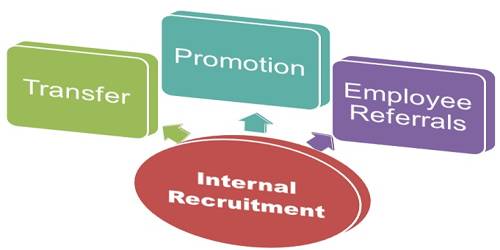International businesses are today up against a formidable obstacle. These businesses have numerous locations or operations all around the world. Employees are frequently sent on missions abroad in order to provide them with opportunities for professional development.
Employees learn about and encounter different cultures on these projects, or they pick up important industry expertise. However, little thought has been given to these employees’ post-return lives, particularly their reintegration into the company.
It turns out that a large percentage of these returning workers, often known as repatriates, leave the company soon after they return. But why is this happening? And how can organizations prevent this?
Our recent research study examined the reasons behind this high turnover rate. According to our research, repatriates’ engagement or lack thereof strongly influences their intention to remain with their employer.
Benefits of international assignments
International assignments aid in the development of cross-cultural competences that strengthen a company’s competitive edge, according to multinational corporations.
Managers, executives, and other key personnel from the home country who oversee and coordinate foreign companies may be assigned to international assignments.
Repatriates have the chance to improve their management abilities, technical skills, intercultural awareness, knowledge of worldwide markets, and ability to conduct business internationally while they are away.
These advantages have led to an increase in the number of employees being transferred to foreign countries and then being repatriated.
However, despite the fact that multinational corporations anticipate gaining from the fresh insights and experiences that repatriates bring back from overseas postings, there is a high repatriate turnover rate.
According to a Brookfield Global Relocation Trends analysis, almost 38% of repatriates departed their company within a year of coming home. To avoid losing important knowledge holders, multinational corporations need to improve the retention of repatriates through their support systems.
Job engagement
We found that keeping repatriates interested in their work when they return is one of the essential conditions for lowering repatriation turnover. An important factor in determining how engaged repatriates are with their jobs is how they view their working conditions during the adjustment period following their return.
Repatriates are more likely to be involved in their work and are less likely to leave their organization if they believe that their job expectations are consistent with their experiences from abroad.
The 221 repatriates who participated in our survey anticipated that their companies will modify job descriptions to take into account their international work experience and organizational training. They desired a greater level of team immersion, increased strategic involvement, and concrete opportunities to put their newly acquired expertise to use.
In general, repatriates wanted their time spent abroad to be respected and acknowledged in their daily contacts and the organization’s future direction.
Repatriates frequently developed negative views toward their organization as a result of not having these expectations met throughout the adjustment period. When they did not receive enough support to help them reintegrate into life and work at home, they felt underappreciated, underutilized, and unsupported.
Addressing repatriate expectations
Recognizing the important knowledge that repatriates acquired while living overseas is the first step that organizations may take to satisfy the aspirations of these individuals.
These abilities and expertise could be technical, cross-cultural, new language, or knowledge of new sales and marketing procedures. Organizations should take into account these skills when assigning repatriates their work roles and obligations.
Many employers provide repatriates jobs that do not fit the information, skills, and talents they developed while serving abroad. The tasks and obligations allocated to repatriates’ jobs must correspond to the new information and experiences they have acquired.
Repatriates also typically had higher autonomy, flexibility and increased decision-making opportunities while working overseas.
When they got back home, the tightening rules, lost autonomy, and lack of flexibility made work less enjoyable and less engaging. Positions provided to repatriates when they return home need to properly handle these important factors.
Maintaining relationships
During their overseas jobs as expatriates, personnel must also keep in touch with their counterparts in their home firms.
Due to various time zones, lack of human contact, and varied goals in their respective work contexts, it can be challenging for home office staff and expatriates to form and maintain relationships.
Organizations might need to create enough mentoring programs, which might include giving repatriates re-entry sponsors. As a result, repatriates would be better able to build and sustain ties with home organization staff while they are abroad on assignment and successfully reintegrate once they return.
















